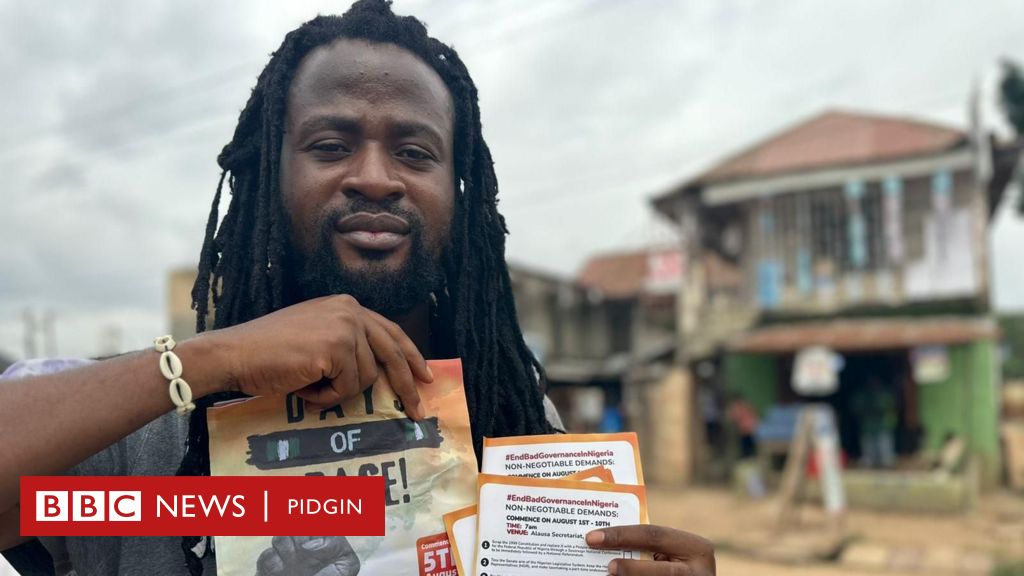
In Nigeria, citizens are gearing up for widespread protests amid mounting frustrations over the country's economic hardships. The trigger for these protests stems from the rising cost of living, exacerbated by inflation and unemployment rates that continue to soar.
Recent developments have seen similar unrest in Kenya, further fueling concerns across Nigeria. The situation has prompted significant attention, with global entities such as the US, UK, and Canada issuing travel advisories to their citizens in Nigeria. These advisories caution against travel due to the potential risks posed by the planned protests.
The Nigerian government, in response to the planned demonstrations, has called for their suspension, citing potential disruptions to public order and safety concerns. However, these calls have not deterred organizers and participants who feel compelled to voice their grievances publicly.
Social media has played a pivotal role in organizing these protests, with platforms like Twitter and Facebook serving as central hubs for coordination and information dissemination. The hashtag #NigeriaProtests has been trending, reflecting the widespread support and anticipation for the upcoming demonstrations.
Critics of the government argue that years of mismanagement, corruption, and inadequate policy responses have contributed to the current economic woes. They point to issues such as inconsistent electricity supply, rising food prices, and a lack of job opportunities as key grievances that need urgent redress.
In major cities like Lagos, Abuja, and Port Harcourt, preparations are underway as demonstrators plan to gather in significant numbers. Security forces are also on high alert, with concerns over potential clashes between protesters and law enforcement.
International observers are closely monitoring the situation, calling for restraint and respect for human rights from all parties involved. The United Nations has emphasized the right to peaceful assembly and free expression as fundamental pillars of democratic societies.
As tensions escalate, there is uncertainty about how the government will respond to the protests and whether concessions or reforms will be offered to address the underlying issues. The outcome of these demonstrations could have far-reaching implications for Nigeria's political landscape and its socio-economic trajectory.


0 Comments